For regular readers of the blog, you’ll be no stranger to Ryan Holiday. One of the most refreshing thinkers of our time and a prodigious author whose books I’ve covered in previous posts.
His latest book, Stillness is the Key is out now, and is a must read for those looking to open the door to a healthier, less anxious and more productive life and career.
I received a signed copy (!) only a few days ago, and having already devoured it, am ready to go back for a second go, but this time with pen and sticky notes in hand.
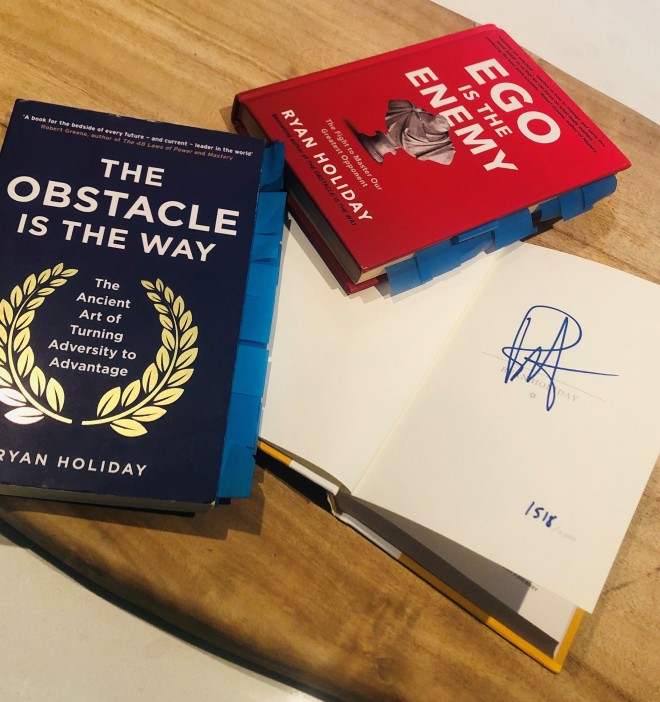
But we’ll leave the book for a moment or two. What I want to talk about is finding that stillness.
There’s no doubt hedonistic 24-hour news cycles, seemingly infinite amount of information and shallow gratification available at the end of a smart phone makes seeking out stillness appear either impossible or not worth the effort.
We could be right.
History says otherwise.
Turns out seeking stillness is not a new concept. The ancient Buddhists, Muslims, Hebrews, Greeks, Epicureans, and Christians all had specific words for it.
What was it they were all seeking that warranted being given its own phrase?
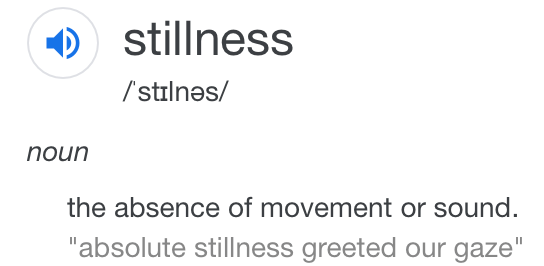
Stillness by this definition appears not only achievable, but available with surprisingly little effort. Driving out to the Blue Mountains on a sunny weekend and taking a bush walk will do it, surely? Sitting quietly in a room on your own? But of course?! Hang on, it will won’t it??
Sure it will help, although it’s not this kind of stillness people have sought out for centuries.
According to Ryan, what they were looking for is “to be steady while the world spins around you. To act without frenzy. To hear only what needs to be heard. To possess quietude – exterior and interior – on command.”
If you’ve just rolled your eyes after reading that, then the rest of this post probably isn’t for you, which is absolutely OK. Thanks for reading this far.
If however, your eyebrows raised slightly, or you took a deeper than usual intake of breath and nodded your head, then this is where you need to be right now.
In the lead up to the formal book launch, Ryan has been tempting subscribers to his regular email, on some ‘how and why’ he seeks stillness (and pointing you in the direction of his book of course).
“Why bother seeking stillness?” you might ask. If you have asked yourself this, then we’ve got lots of work to do, and it starts right now.
There’s 28 tactics Ryan discusses in his latest post, and while not all of them are necessarily for me, many of them definitely are, and I thought I’d share my Top 4 favourite ways to seek stillness.
Side note: I’ve copied and pasted Ryan’s thoughts in italics below, so I can’t and won’t take any credit for them at all, but I’ve given some of my own thoughts in response. In having his writing side-by-side with mine, it fully exposes my shortcomings as a writer, but I felt it better got the point across coming from Ryan rather than me.
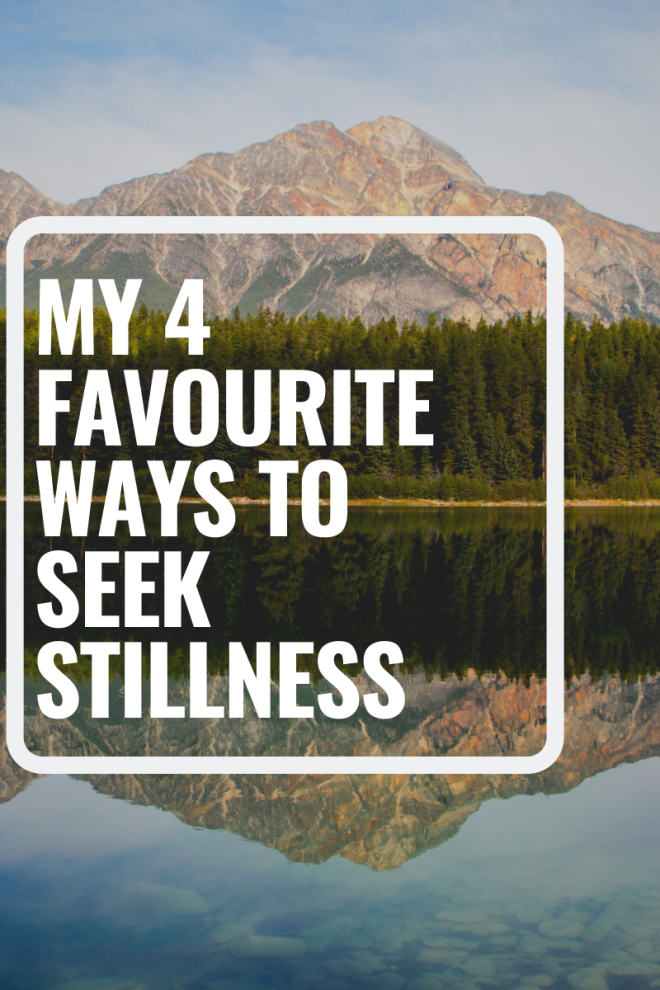
Take Walks. Nietzsche said that the ideas in ‘Thus Spoke Zarathustra’ came to him on a long walk. Nikola Tesla discovered the rotating magnetic field, one of the most important scientific discoveries of all time, on a walk through a city park in Budapest in 1882. When he lived in Paris, Ernest Hemingway would take long walks along the quais whenever he was stuck in his writing and needed to clarify his thinking. The cantankerous philosopher Søren Kierkegaard walked the streets of Copenhagen nearly every afternoon, as he wrote to his sister-in-law: “Every day I walk myself into a state of well-being.” I take a two-to-three mile walk each morning with my son—ideas for this very post came to me there.
I often recite a quote, “There’s yet to be a problem that couldn’t be solved by a long walk.” I looked up who said it so I could assign credit, and apart from various different forms of the same theme, came up with nothing. Perhaps it was me then?
Either way, taking an early morning walk when the rest of the neighbourhood is sound asleep, is invigorating, and I can’t recommend it enough. Obviously be mindful of your personal safety, but if you have (or can make!) the opportunity, a long walk provides so much space for clarity of thought it should be prescribed as a mandatory antidote for stress.
Stop Watching the News. The number one thing to filter out if you want more equanimity in your life? The news! “If you wish to improve,” Epictetus said, “be content to appear clueless or stupid in extraneous matters.” Not only does the news cost us our peace of mind, but it actually prevents us from creating real change, right now. Being informed in important…watching the news in real time is not how you get there.
The last time I actually sat and read a newspaper was sometime back in the 90’s, and I can’t even remember why I did it. Perhaps it was to look cool and informed when I was at University.
I don’t watch the news on TV, I don’t read online news websites, or subscribe to email alerts. The only news I get is the on-the-hour update on my local ABC radio station on the drive to work, and often then I turn it off and put on some music.
Why?
Because who cares? There’s nothing in the news which makes me stronger, smarter, faster, healthier, or better, so why bother? When people ask “did you hear about X?”, I say no and I ask them about it. I find it’s a much better way to engage with people and find out what they think about a particular topic. Besides, most news these days is sad, tragic, sensationalist or benign, so I’d rather read a book or listen to a podcast anyway.
Try it for a week. I promise you won’t feel like you’re missing out on anything. Read a book instead.

Read books. “Turn off your radio,” Dorothy Day, the Catholic nun and social activist, wrote in her diary in 1942, “put away your daily paper…and spend time reading.” She meant books. Big, smart, wonderful books. If you’re stressed, stop whatever you’re doing and sit down with a book. You’ll find yourself calming down. You’ll get absorbed into a different world. William Osler, the founder of Johns Hopkins University, told aspiring medical students that when chemistry or anatomy distressed their soul, to “seek peace in the great pacifier, Shakespeare.” It doesn’t have to be plays—any great literature will do. Books are a way to get stillness on demand.
I’ve written about this before. I used to read only at Christmas time and occasionally if I dug out a book I’d already read. Now? My bedside table strains under the load of books, my credit card gets a workout at Book Depository at least 3-4 times a month, and my locker at work overflows every now and again with books spilling onto the floor.
During lunch at work I’m buried in a book. Sure I may only get through 5-10 pages before being interrupted, but in those 10 minutes, I’m a million miles away, either in WWI Europe with Biggles, or some recommendation I’ve been given by Ryan, Jocko or Tim. It’s time well spent and I love it.
Similar to the walking, I can’t recommend this enough. Lots of people have said to me “I’m not much of a reader“, to which I reply “You just haven’t found the right book yet.” Just try. Pick up an old favourite and get back into the habit of reading. Buy a book, go to the library, get a Kindle, get an online subscription on your iPad, go into a second hand book shop, go to the local fete and buy 10 books for $5. Just start reading again. Please!
Be Present. They call it “the present” for a reason. Because each moment is a gift. Just stop. Breathe this in. Forget the past. Ignore the future. Just be. We are human beings after all.
Only needs one picture to show the value of this.
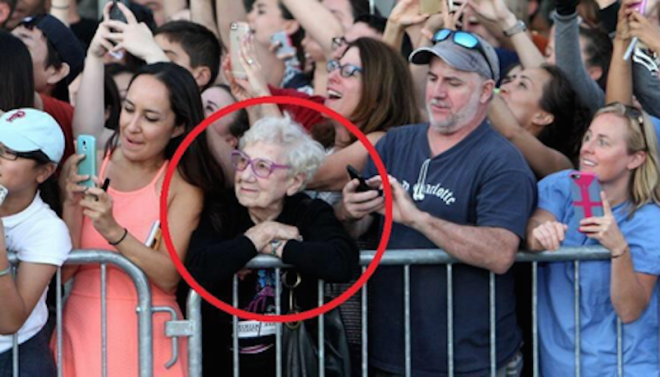
So there they are. My Top 4 tips for starting on the path the stillness. I want to stress one last thing before we finish up. Stillness is different to being idle. Stillness does not mean sitting in front of the TV and being physically still while your brain atrophies in the face of more reality television. Stillness means you feel comfortable facing even the most challenging physical, emotional and stressful situations with a level of calm others lack. Stillness is to act without frenzy.
So why do all this? Why seek out stillness?
For me, I’ve found apart from it being a pleasant thing to do in its own right, I’ve become much more effective as a human. Work is less stressful; I can be more engaged with deep thinking – about all sorts of stuff; I’m more easily able to handle the stressors of being a parent of young kids; I’m calmer when uncertainty and chaos strikes, and overall life just seems to be a little easier all round.
Seems worth seeking out a little stillness don’t you think?
Did you enjoy the post? We’d love you to leave a comment and share your thoughts. Do you have other ways you like to seek stillness? Let the world know!

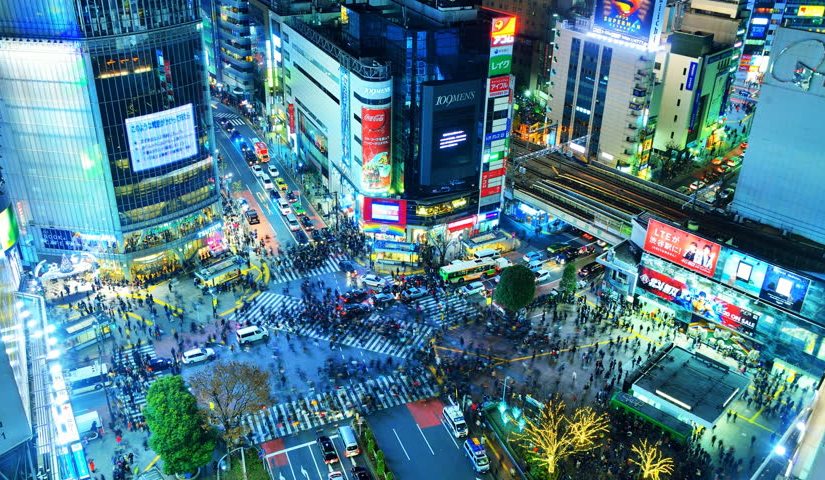
Yes it does……great article, well written and for me – gets to the point of how reading helps many things, clarity of mind in time’s of turmoil being one….
LikeLiked by 1 person
Steve – thanks for the note, I’m glad you enjoyed the post. Couldn’t agree more on the reading, I’ve enjoyed all the book recommendations you’ve sent my way!
LikeLike
Do you find value in the idea of being steady amidst the chaotic turns of the world, possessing a sense of quietude both externally and internally? Visit our Telkom University
LikeLike